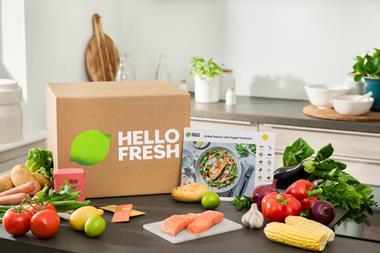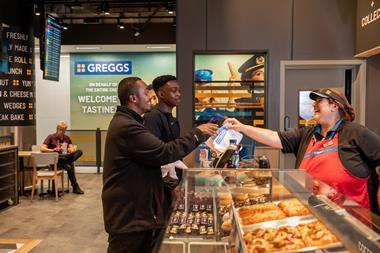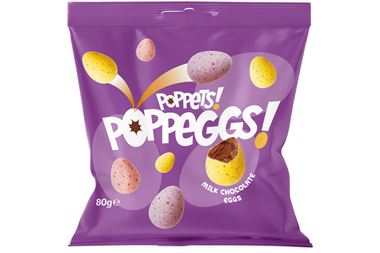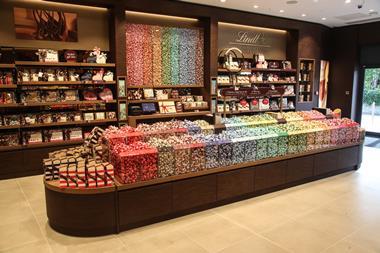One year on from the G8 summit at Gleneagles, Bob Geldof has talked about some progress being made in relieving African countries of debt and increasing the amount of aid to them. But there is a third aspect of the G8's agenda. Geldof and others have complained about the lack of change in trading relationships between Africa and the world's richest nations. These imbalances, he says, remain "ugly".
That a supermarket manager, buyer or shareholder can make a difference to world poverty may not seem obvious. Is it enough to have the annual charity event, or stock a few token Fairtrade products - or is there a way of instilling the ethical imperative into the core of business strategy while still remaining commercially successful?
With Fairtrade growing 40-50% year-on-year, UK consumers are making it clear that they want the farmers in the world's poorest countries to receive a fair deal.
Fairtrade companies such as AgroFair, Cafédirect and The Day Chocolate Company have shown a business can be successful and also be part-owned by the farmers who supply it. Fairtrade campaigners and the mark are doing their bit, with more than 50% of the population now recognising the mark.
AgroFair, the pioneer of Fairtrade fruit, is ten years old this year. When it entered the market it faced a fearsome battle. Bananas are the highest-performing supermarket product; rich companies have historically dominated import licences, distribution is a massive challenge and quality is paramount.
In the face of these obstacles, AgroFair created a company that benefited from farmers being part-owners who are represented on the board, active members and decision-makers.
As farmer Arturo Gómez from AgroFair's banana farms in Costa Rica says: "I was someone who took a box and loaded it on to a train. That was my only responsibility. In this Fairtrade system I have become an international businessman."
AgroFair has the most unusual annual shareholders' meeting in the commercial world. Here many of the shareholders are farmers who gain knowledge of the trading system and greater power within the trading chain. They also gain greater awareness of the need for top quality in the European market.
And the dividend they received this year - for the third consecutive year - will enable them to invest further in their farms and communities, allowing yet more farmers to benefit from the Fairtrade system.
The Co-operative Group has led the way in the UK for years, and all its own label coffee and chocolate is now Fairtrade. Marks and Spencer has followed suit: all the coffee it sells - and soon all the tea - carries the Fairtrade mark.
Other retailers are also increasing their commitment to Fairtrade, but more needs to be done. As consumers, shareholders and managers, we should insist on it.
The most marginalised people in the world today - those in countries such as Malawi and Burkina Faso - can be given a fairer chance.
And with 100% Fairtrade companies, the changes that can be made through Fairtrade are greater still because the farmers are represented within the structure of the companies, have a say in the direction of the business and receive a share of profits when a dividend is paid.
The major supermarkets can do much more to help. They have it within their power to give those with the least power in the world today, in the words of AgroFair's slogan, 'A fair price, a fair say and a fair share'.















No comments yet